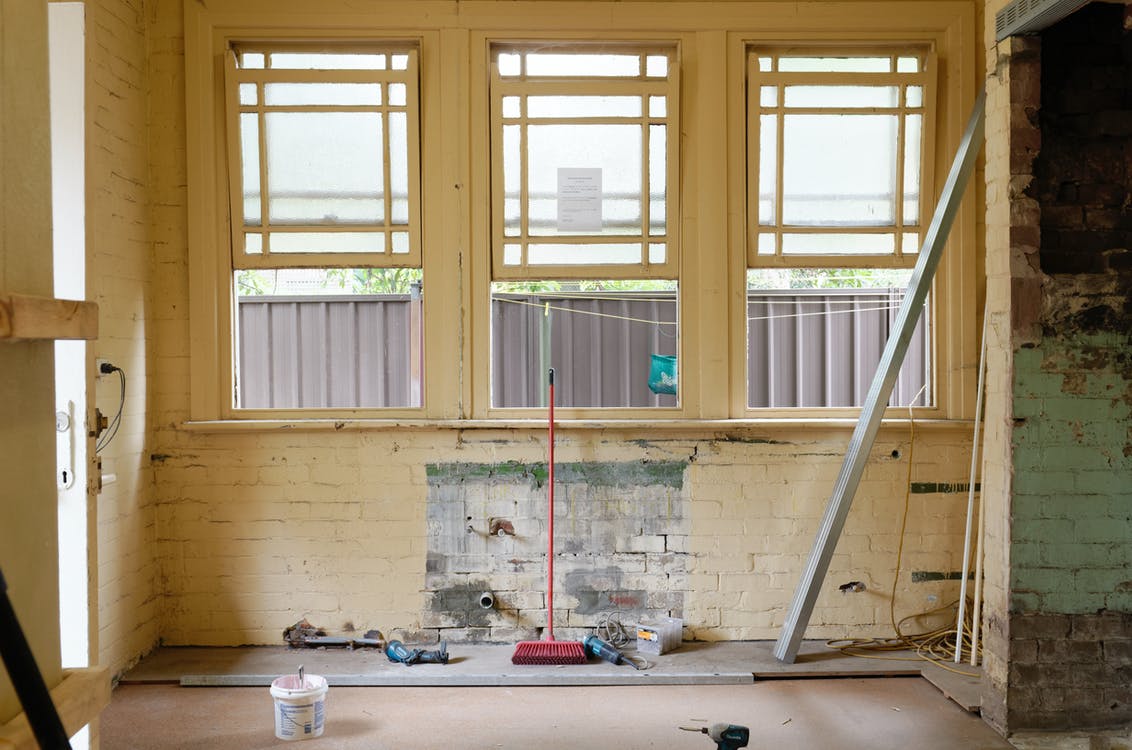How Can Bridging Finance Help Investors Expand a Property Portfolio?

While bridging finance is not a new product, it is often overlooked as a potential tool to help landlords purchase investment properties where a traditional buy to let mortgage doesn't fit the circumstances.
In this article, the Revolution Finance Brokers team explains what bridging finance is, how it works, and why it might be the solution to finding new ways to grow your property portfolio in innovative ways.
Bridging Finance & Investment Landlords
Bridging finance is just that - a bridge. It's a shorter-term form of lending and has the unique ability to provide funding extremely fast.
Typically, you could be looking at a period of at least a few weeks for the most expedited mortgage. In practice, it can take up to months to have surveys completed, negotiate mortgage terms and have all the paperwork signed on the dotted line.
There are lots of ways to leverage bridging finance to your advantage:
- Finishing refurbs, conversions or renovations.
- Secure extra financing where your mortgage falls short.
- Buy quick turnaround properties at auction.
- Plug a financial gap when waiting for a property to sell.
Of course, as a short-term financing option, you'll need to have an exit strategy - although this can be as simple as using the bridge to cover the costs of a renovation, and paying it back when the work has completed.
For example, if you're converting a dilapidated property, it's highly unlikely to be eligible for buy to let lending, particularly if the project is in an uninhabitable state.
In that scenario, bridging finance could allow you to purchase the property, or pay for the renovation work costs. When the construction has finished, you can refinance on a longer-term, lower-cost BTL mortgage, and pay back the bridging finance in full.
The exit strategy is all-important - particularly from a risk perspective for a lender. Therefore you need to have this in place before you go ahead with a bridging finance application, as without being able to identify how you will pay back the loan, you aren't going to be approved.
Applications for Bridging Finance in the Rental Sector
As we've seen, there are many different scenarios when bridging finance can be a great option.
Is it cheap? No.
But it is fast, and usually has less rigorous eligibility criteria, provided you've got a solid exit plan in place.
The key is in speed, and although interest charges on a bridge loan are going to be much higher than on a mortgage, it is only a short-term option.
In most cases, it takes weeks or even months to raise capital, and so if you have an investment opportunity that isn't going to stick around, a bridging loan could be the ideal solution.
Should you be considering an auction property, you're looking at a completion deadline of four to six weeks. In other cases, an auction lot must be paid for in full within 28 days, so it can be challenging to remit the balance funds fast enough to secure the purchase and avoid writing off a deposit.
Bridging finance usually takes around three weeks or so - it can take longer in complex scenarios, but can also be incredibly quick in the right circumstances, with some loans arranged in just a week or two.
In terms of an exit strategy, you could, for example:
- Refinance with a BTL mortgage and let it out.
- Refurbish the investment, and sell it on at a profit.
- Keep the refurbished property as a portfolio asset that commands a higher rental income.
Is Bridging Finance the Right Solution for Me?
If you think that a bridge might offer you an opportunity to expand your portfolio, give us a call on 0330 304 3040, or drop a message to [email protected]. The Revolution team will arrange a time to chat and work out what you need to borrow, how quickly, and recommend the best-suited products with the most attractive rates and terms.
Each loan will depend on the specific lender, but generally:
- Bridging loans run up to 18 months long.
- You don't usually need to make repayments - ideal if you're borrowing to convert or refurbish a property and won't be earning rental income during the renovation phase.
- If you wish to make repayments, this can be negotiated and is usually suitable for high net worth investors.
There aren't any standard eligibility criteria, given the unique nature of each investment. Instead, the lender will want to assess the viability of the project and assess your exit strategy's stability before offering to lend.
Generally, you're looking at rates from 0.5-0.6% per month, although that remains highly variable depending on whether you want to borrow for a few months, or up to a year and a half.
There are also arrangement fees to consider. Most lenders will go up to a maximum LTV of 70% to 75%, so you'll still need a deposit if you're using a bridge to buy a property that isn't currently eligible for a mortgage.
As always, we'd recommend using an independent broker to search for a bridging finance product on your behalf.
Terms can be dependent on the lender's risk appetite, so structuring your application to meet eligibility criteria is key to having your application accepted and negotiating power around the terms and rates chargeable.
While bridging rates are higher than those on buy to let lending, the benefit here is that you can invest in properties that fall outside of standard criteria, and avoid the months likely to be required to identify the best borrowing options for a non-standard property project.
Likewise, the benefit of a bridge is that you do not need to release other capital to raise the finances required for a new portfolio expansion - and therefore can build on a new investment without needing to touch any other properties you own.
If you'd like to learn more about bridging finance for landlords, and what rates are currently being offered on the UK market, give the Revolution team a call on 0330 304 3040, and we'll be happy to help!
Contact us now to discuss your personal options, Revolution Finance Brokers specialise in commercial and residential finance in Essex, Kent, London and Hertfordshire.
Related Posts
Ask the Expert
Mortgage Brokers




